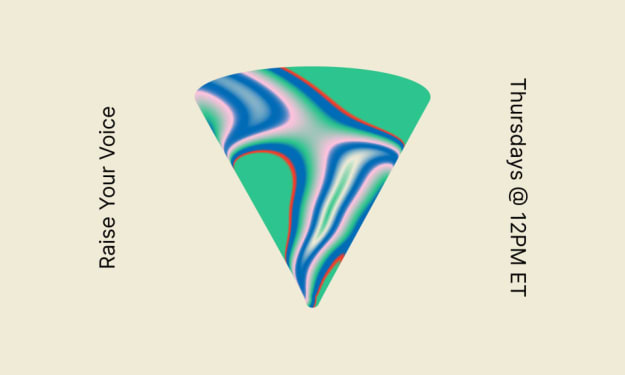You think you're ethical? Let's find out
What would you be willing to do if you thought you’d get away with it?

Many individuals lack self-honesty, particularly when they believe they won't face repercussions. We tend to justify our actions by asserting that everyone is ethical, but in reality, we may not possess the level of ethics we presume. For instance, numerous individuals schedule social events during working hours, take office supplies home, and utilize work computers for personal matters. It is intriguing how we rationalize these behaviors. However, if we genuinely question ourselves and consider the potential consequences of reporting our actions, we can prevent future errors.
In my class, I start by administering an ethics survey that really challenges my students. One particular question that sparks lively debate is as follows: "Imagine you and a colleague from the same industry go out for a work lunch. During this outing, you spend five minutes discussing work-related matters and an hour talking about personal topics. Would you consider this a work lunch that you would expense?" Interestingly, I have never received unanimous agreement on this issue. Roughly 50% argue that it is indeed a work lunch, while the remaining 50% contend that it falls into the personal category. The proponents of it being a work lunch argue that it qualifies as networking and that the intention was to discuss work matters. On the other hand, those who view it as personal assert that since you already knew the person and planned the outing strategically, it should be considered personal. It is crucial for us to acknowledge the ethical implications of our decisions. By taking ownership and being honest about what we would try to justify, I believe we can better safeguard ourselves.
One incident that occurred to me involved receiving a handbag I had ordered. I eagerly awaited its arrival and was delighted when a large box containing the handbag was delivered to my door. Upon unwrapping it, I discovered the anticipated handbag. Surprisingly, the following day, another handbag was delivered to me, despite having only ordered one. I was taken aback by the response of my acquaintances in the village. They suggested, "Why not keep both bags? You could easily sell the extra one on eBay without anyone finding out." Seeking advice from others, I found that no one advised me to return the additional handbag. However, I couldn't help but consider the potential consequences if the company were to contact me after selling the bag. It put me in a difficult position. Should I admit to selling the bag or claim that it was never delivered? What if someone were to lose their job because of my actions? It made me contemplate the broader implications of my decisions. Ultimately, I decided to send the extra handbag back.
I would like to recount an incident that occurred to me recently. I had ordered a handbag and was eagerly anticipating its arrival. Upon opening the large box that was delivered to my doorstep, I got the handbag and unwrapped it. However, the following day, another handbag arrived, which was perplexing as I had only ordered one. What was even more disconcerting was the reaction of my acquaintances in town. They suggested that I keep the additional handbag and sell it on eBay, as it was unlikely that anyone would discover the error. Despite seeking the advice of others, no one advised me to return the item. I was faced with a dilemma. If I sold the handbag and the company contacted me, what would I say? Would I admit to selling the item or deny receiving it altogether? I considered the possibility that the individual responsible for the error may lose their job, and I realized that my actions could have far-reaching consequences.
Ultimately, I decided to return the handbag. When I informed those who had advised me to keep it, they were incredulous and suggested that I had missed an opportunity. This experience taught me that when we believe that no one is watching, we may be tempted to act unethically. It is imperative that we establish internal controls to safeguard ourselves against our opportunistic tendencies. We must acknowledge that we are not inherently ethical and that we may succumb to temptation unless we have measures in place to prevent us from doing so.





Comments
There are no comments for this story
Be the first to respond and start the conversation.